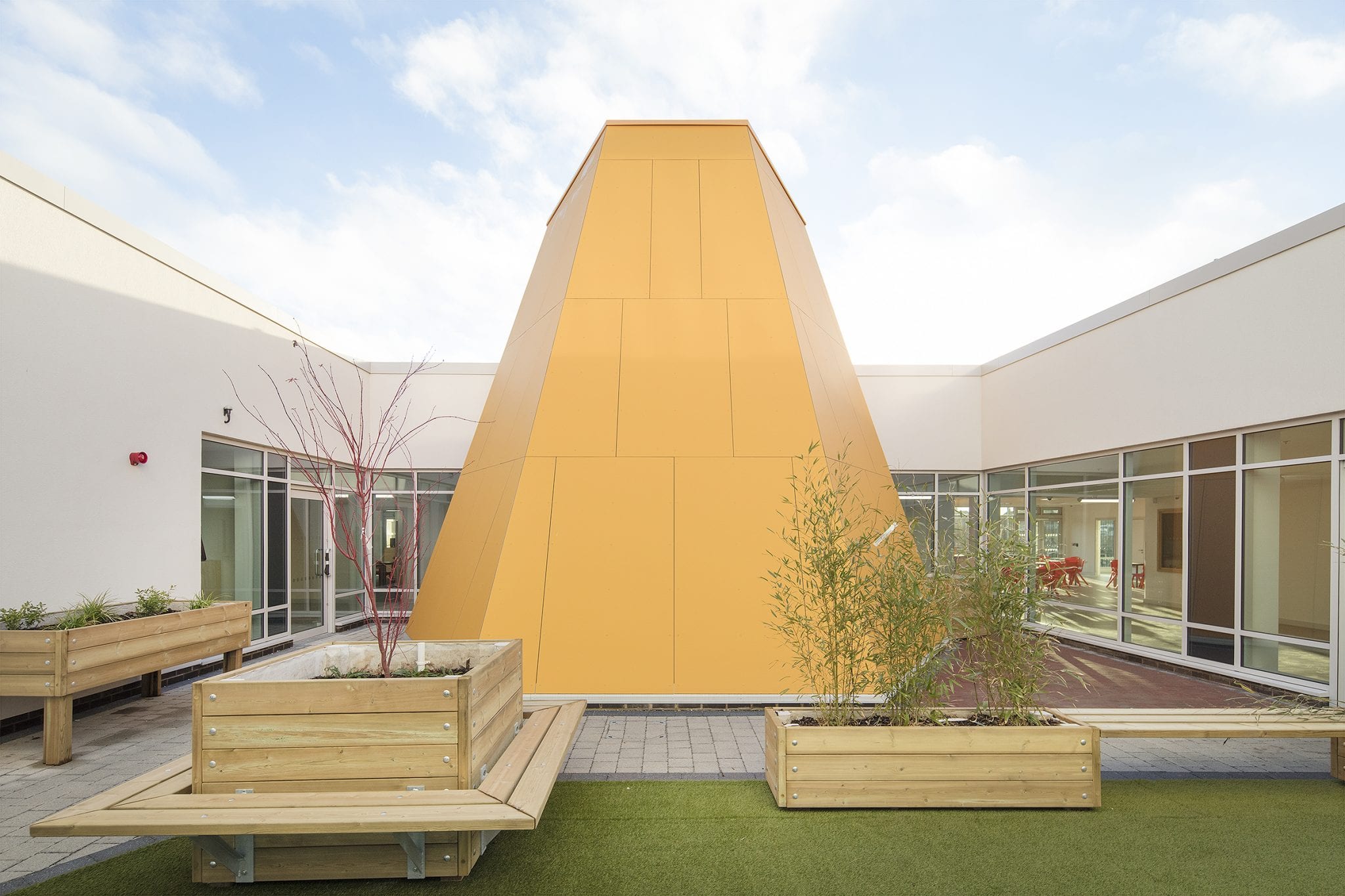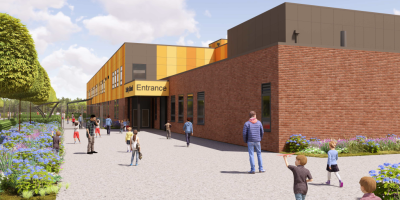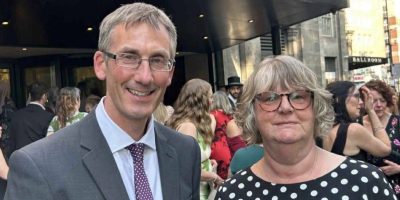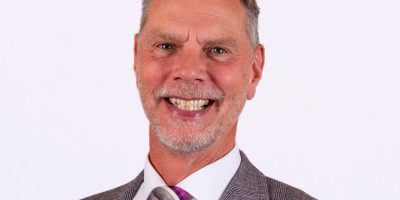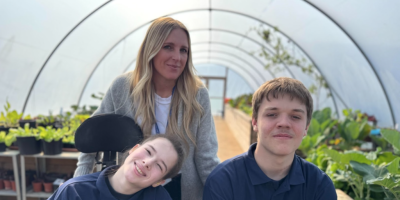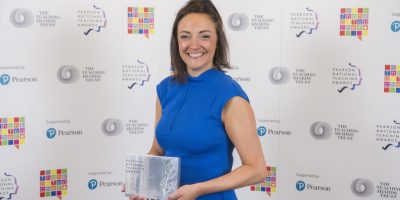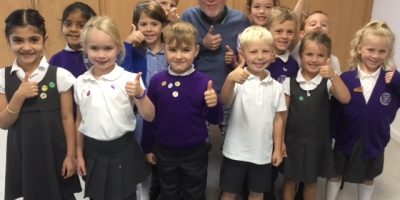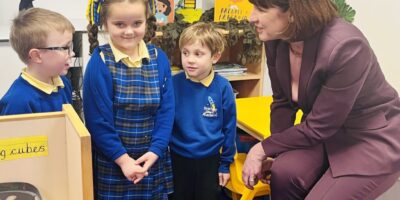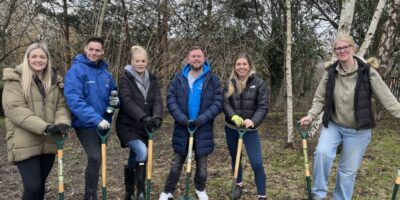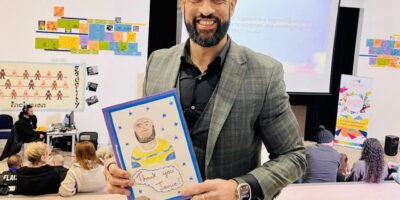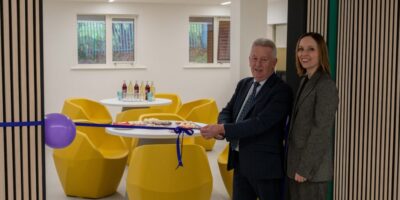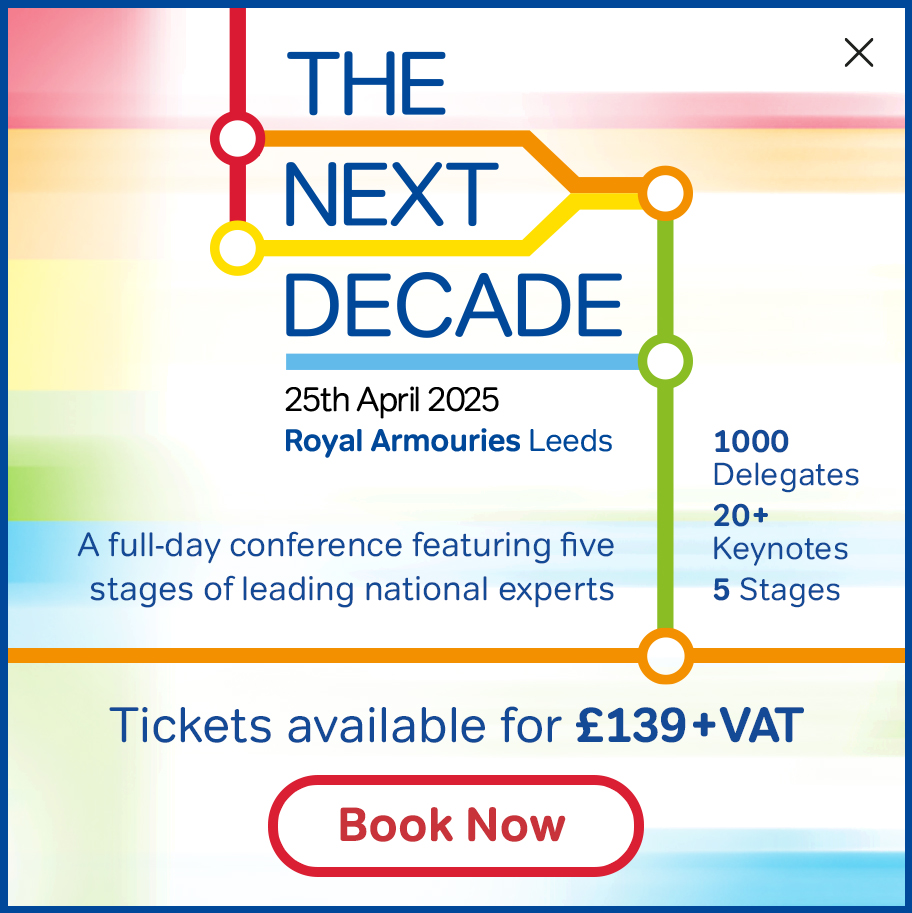We are the others
I am sitting and writing my contribution to the Wellspring blog in my office on Holocaust Memorial Day, 27th January. This is the anniversary of the liberation of the Nazi death camp, Auschwitz-Birkenau camp by the armies of the Soviet Union in 1945, five months before the end of the war in Europe. I was moved to write after listening to the testimony of a number of survivors of the holocaust that have been played on Radio 4 over the last week. You cannot help being affected by these personal accounts of individuals’ experience of the darkest period in 20th Century history – the way in which that a single voice can convey an experience is so much more powerful than anything I have ever read on the subject. The common theme from each of these voices can be summarised as “This must never be allowed to happen again” …
The rise of fascism in Europe was not an overnight event, nor was it one that sprung from countries where dictatorships were the norm. On the contrary, the Nazis came to power in Germany through a democratic process – albeit with a populist and deeply nationalist agenda. Scapegoating and hostile targeting of groups, especially Jews, was a key strategy in the journey of the Nazis from relative obscurity to power. Blaming these groups of “others” for all the problems of the country was an explicit and deliberate weapon used by the Nazis to rally support to their cause. It is worth remembering that, it was ordinary people who voted for the Nazis and, it was ordinary people who bought into the idea that certain groups were responsible for all the social and financial problems of the country. The end result of this strategy was, of course the holocaust and the mass murder of 6 million Jews plus many hundreds of thousands of other targeted groups such as Roma, gay men, black people and political and religious opponents. It is for this reason, we should be very wary when politicians or public figures use this tactic to garner support for their own causes.
Throughout my lifetime, there has been a worrying and increasing tendency for certain parts of the media and some politicians to use the concept of the “others” to drive political agendas. I remember in the 1980’s – single parents were identified as being the cause for all of society’s ills – crime and youth crime in particular. I always found this odd as I came from a single parent family and was not involved in either. People in receipt of benefits have been targets of the press since the 1990’s, as have migrants to the UK over the last 10 years.
The language used by those seeking to identify “others” as the cause of all of society’s woes is particularly worrying as it tends to dehumanise the targeted group in the way that Nazi propaganda in the 1930’s dehumanised Jews. If this goes unchallenged, it becomes normal. If it becomes normal for a group to be seen as less than human, then treating them as less than human is a short step away.
The rise in hate crime in the UK should be a warning to us all that the problem of racism and the scapegoating of groups of people has not gone away and if we stand by without confronting it when we see it, then it may grow. History tells us that it is not enough therefore just to be not racist, there is a compelling need to be anti-racist. Not only that, but we also need to be willing to call out and confront the “othering” of any group as a means of scapegoating them.
I see education as having a key role in this. It is important that we teach our children the lessons of the past including, the Holocaust, so that lessons about our future can be learned. When we promote British Values in our curriculum, we are not promoting nationalism or British exceptionalism but rather the importance of the rule of law, individual liberty, and mutual respect and tolerance of those with different faiths and beliefs. Tolerance and respect are two words that are explicitly listed on the values of my school and are the antidote to the concept of the “other”. Our schools should celebrate our diversity – supporting our children to recognise that within communities and humanity there are differences, and that all have value. As the late MP Jo Cox famously and poignantly said “”We are far more united and have far more in common with each other than things that divide us.” In short – we are all others.

